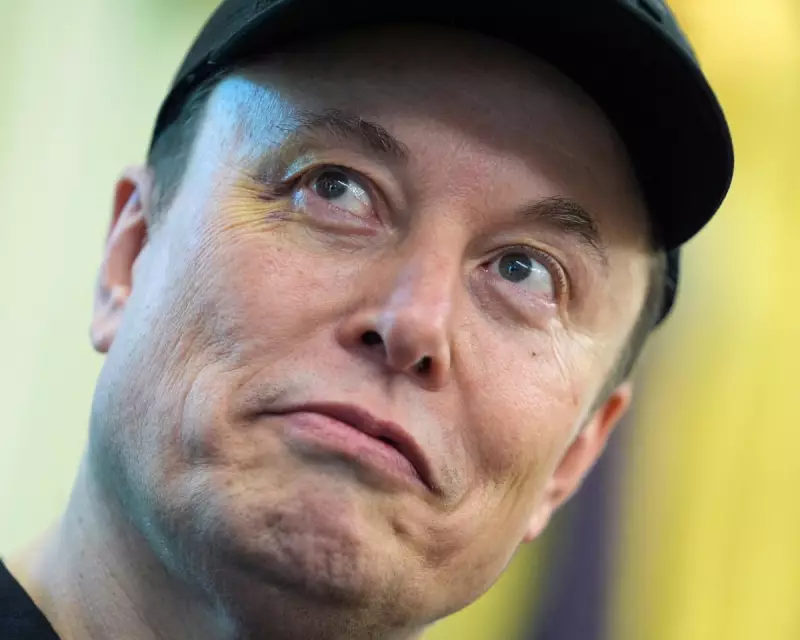
In a world where billionaires seem to purchase everything from social media platforms to space programmes, there remains one commodity that even Elon Musk's fortune cannot acquire: genuine humour. This truth provides a peculiar comfort to many who watch the tech magnate's attempts at comedy fall consistently flat.
The Unpurchaseable Quality of Authentic Wit
Elon Musk, with his estimated net worth exceeding £150 billion, represents the extreme end of modern wealth accumulation. He controls companies that aim to revolutionise transportation, colonise Mars, and connect human brains to computers. Yet despite this unprecedented financial and technological power, his attempts at humour consistently miss the mark, revealing a fundamental truth about what money can and cannot buy.
The billionaire's Twitter antics, often intended as humorous, typically land with the subtlety of a crashed rocket. From awkward memes to forced pop culture references, Musk's comedy output demonstrates that authentic wit operates in a currency separate from financial wealth. This phenomenon offers a strange consolation in an era of extreme wealth inequality - some human qualities remain stubbornly immune to monetary acquisition.
The Anatomy of Failed Billionaire Comedy
Musk's humour attempts follow predictable patterns that highlight why they fail to resonate. His jokes often rely on position and power rather than genuine insight or clever wordplay. When he tweeted about buying Coca-Cola to put cocaine back in the formula, the attempt at edgy humour felt more like a flex of imagined purchasing power than a genuinely funny observation.
This pattern reflects a broader issue with billionaire comedy: the jokes frequently centre on the extraordinary wealth and privilege that separates these individuals from ordinary human experience. The result is humour that doesn't land because it emerges from a reality most people cannot relate to. True comedy often springs from shared vulnerability and universal human experiences - commodities that extreme wealth can actually insulate against.
Why This Matters in Our Cultural Moment
The inability of wealth to purchase authentic humour provides a meaningful counter-narrative in our current era. As billionaires increasingly dominate public discourse and cultural spaces, it's reassuring to know some human qualities remain democratically distributed. The funniest people in any room aren't necessarily the wealthiest, and the ability to generate genuine laughter cannot be acquired through financial transactions.
This dynamic offers a subtle form of psychological resistance against the overwhelming influence of extreme wealth. While Musk can buy Twitter and reshape digital town squares, he cannot purchase the natural comedic timing of a skilled comedian or the authentic wit that emerges from lived human experience. Some aspects of humanity remain stubbornly uncommodifiable.
The persistence of this wealth-humour gap serves as an important cultural touchstone. It reminds us that despite the increasing concentration of financial resources among a tiny elite, certain essential human qualities - including authentic humour, emotional intelligence, and genuine connection - operate on entirely different economies. These remain accessible to all, regardless of bank balance, in a world where so much else seems available only to the highest bidder.





